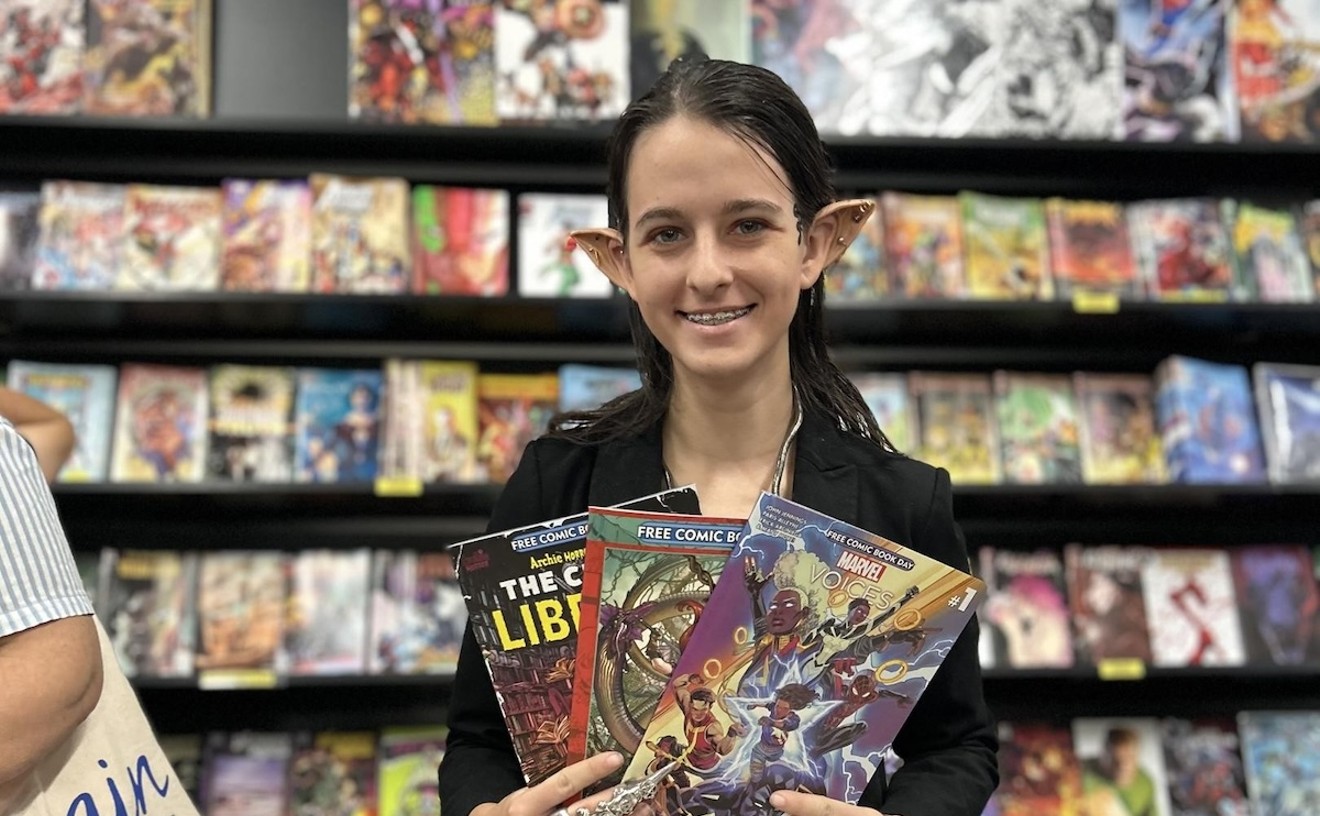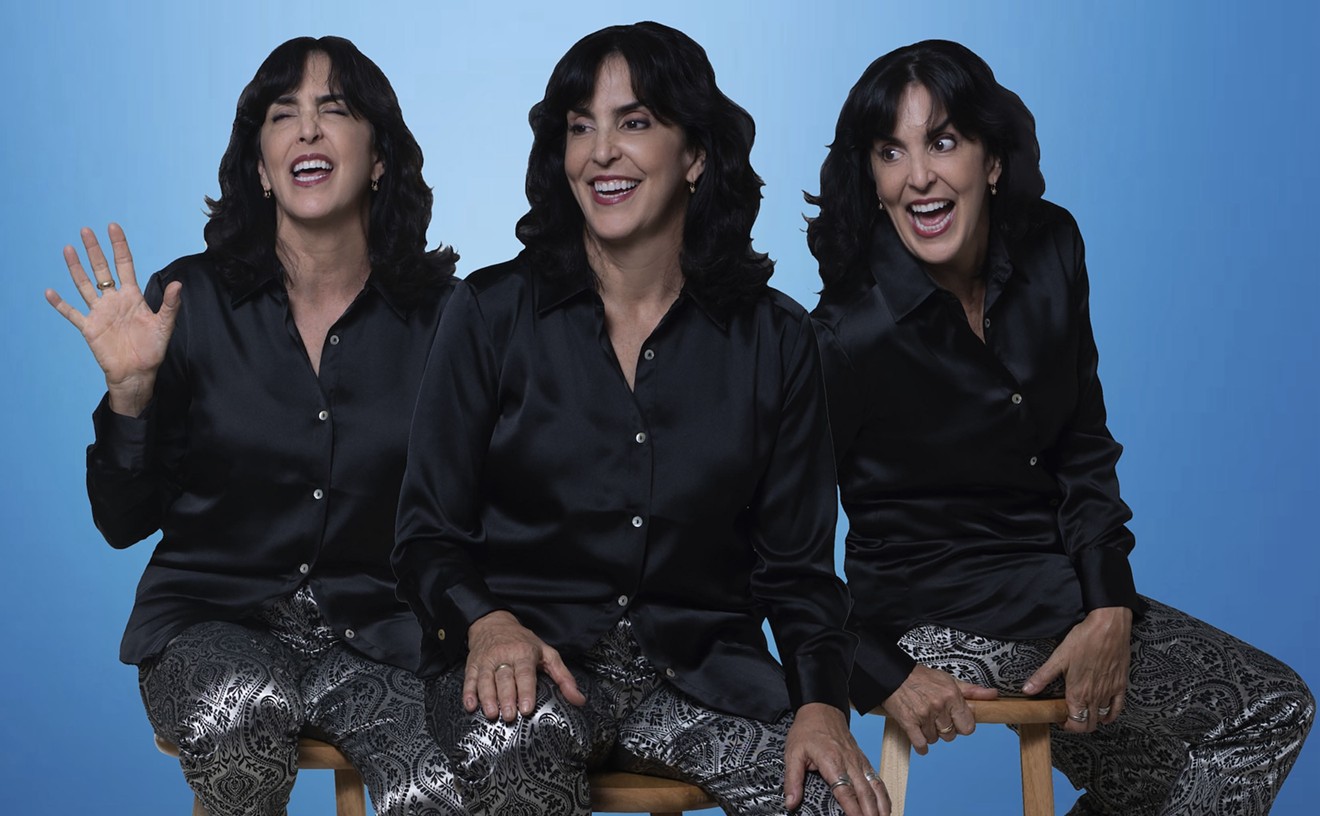Walking into a room with the stars and writer of The Fault in Our Stars is a lot like meeting a family for the first time. Picture Shailene Woodley, Ansel Elgort, Nat Wolff, and John Green all hanging around a table, laughing and joking around just seconds after scratching another interview off their list. If the film emanates a glow of genuine passion, it's because of the energy in that room. Even I, just another visitor, felt strangely at home when asking the first question. "I'm going to start with something you've probably had to answer already."
In an instant, Woodley plainly states, "Brothers to lovers?" Everyone laughs, and I reassure them. This was going to kick off with something unrelated to moving from their stint as brother and sister on Divergent to lovers in The Fault in Our Stars. This was about whether or not they'd read John Green's novel before shooting.
"Yes. Quite a few times," she says, nudging Elgort to add more than a nod to my question, much like a real sibling or partner would do. "We were in Chicago and Ansel's like, 'Yeah we're gonna go read together this weekend,' and there wasn't nearly enough enthusiasm when I was talking about how amazing the book was. Then he said he hadn't read it."
"She was saying if I didn't read the book by the time we got to the read she was gonna be so mad at me," he explains. "And I was like -- okay, if I don't read the book I'm gonna go in the room and this is gonna go terribly. Doesn't matter how prepared I am. I read the book in two days and it was so good."
John chimes in giddily with a, "Thanks man! I also like it!" It's easy to see how happy Green is with how the film is doing and how enthusiastic the cast is about it, and the actors feel the same way. If it wasn't for Green's writing, they'd never be here. Elgort goes on, "It was when I went to dinner with John one night in Pittsburgh, and he just kept talking in this way I'd read, and I just thought: this is real life Augustus Waters. This is how he talks. This makes sense. I'm gonna make Augustus Waters myself as John Green. I gotta take some John Green and put it in myself."
Wolff and Woodley agree; they all thought their characters had a lot of Green in them. His compassion, his intelligence, his wit, it's all there in Hazel, Augustus, and Isaac. But if you ask Green, he'll tell you he writes, in part, to get away from himself.
"It's tremendously liberating not to be yourself for a while and living inside of a different consciousness," he says. "The thing I loved about being Hazel for a while was that she's so empathetic and so open to others. Shailene is like that as well and I think that's part of how they connected. She just intuitively understood that about Hazel in a deep way that most people couldn't. I feel like I'm not like that as a person, but I'd like to be. I want to be one of those people who thinks it's okay to tread lightly upon the earth; who wants to be as generous as possible to others."
At that, Woodley and Wolff chime in immediately by reassuring John that he is that person. "If they were trying to find the voice of young people during this time, you'd read a John Green book," Wolff says, and it's probably true. Between his career as a novelist (Looking for Alaska; Will Grayson, Will Grayson; and Paper Towns, the next in line to be adapted for the big screen with Wolff as the star, among others), and the Nerdfighter movement he and his brother Hank started, it's easy to see how influential a voice he is for young adult audiences.
As for any adaptation, though, one of the most important features is maintaining the spirit of the book. When asked if anything was lost in translation, Elgort mentioned one of his biggest worries before starting. "I was worried that the screenplay would have taken away the tone and the language. Imagine if, during the support group meeting, instead of having Augustus answer, 'I'm on a rollercoaster that only goes up my friend,' he just said, 'I'm doin' great. Life's great man.' You'd lose something very important about the story. But they didn't need to change it because it was already good."
But it's not just Green's words that make the film as appealing as it is. It's the avoidance of melodrama and the way it allows its characters to reflect on the events happening that makes it so good. "One thing that I really loved that [director] Josh Boone actually did, which happened in the editing room, is that he allowed a lot of silence in the film where a lot of directors would have just filled the space. There'd be a few times where you'd just have a look on my face for a good six seconds before I said something. And that's rare. Those moments of silence for me are far more touching than the moments with words and action," Woodley explains.
It's in those moments that the audience gets the chance to make the film what they want it to be, instead of having the film tell you itself. At that, John makes a quick joke about some bigger Hollywood productions not having a second of silence; not that it was a bad thing for the film he mentioned, Captain America. Soon, the group's dishing about how attractive they find that movie's stars -- that's how homey the bunch is. Once the laughter dies down, it was back to the interview with just enough time for one last question, and it was one that came with a loaded response.
With the amount of young adult works that get flack from critics, even though a massive amount of adults are reading them, I was curious how they felt about critics underestimating films like The Fault in Our Stars, as well as the audiences that films like this are made for. "I do sometimes feel like critics and studios themselves fail to credit teenagers with enough intelligence and intellectual curiosity. In my experience, teenagers are really thoughtful and really grateful when you treat them as people; as regular people who think critically and are intellectually curious and they respond to and embrace that," John states.
Woodley follows his point up by talking about a Q&A with an audience full of teens that they'd done recently. "Laura Dern made a great point that day. Adults often ask these bland questions about directing style and casting that aren't hard to figure out. But when you treat teenagers with respect, the questions they ask are so intelligent, and they care about the book so much. John treats them with such integrity and empathy really and an ability to see them and hear them. And that's what they respond to."
Nat Wolff adds, "Another thing Laura said was that they all want to be as poised and smart as John. Even though they are smart 16 year olds, I think they rise to the occasion with John." And it's clear to anyone who encounters Green, the stars of the film, or the enthusiastic audience that watches his videos and reads his novels that he has an immense respect for his fans.
But The Fault in Our Stars isn't just made for young adults. "I think it's made for all audiences," Woodley says. With that, John Green delivers the interview's last words. "My hope is that everyone, adults included, love it."
Follow Cultist on Facebook and Twitter @CultistMiami.











